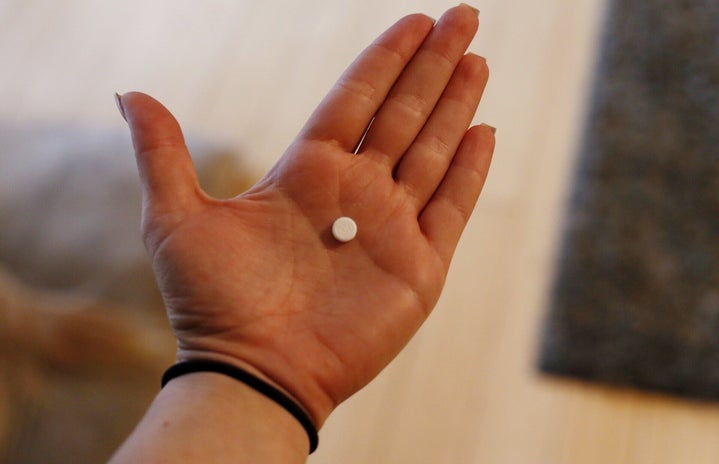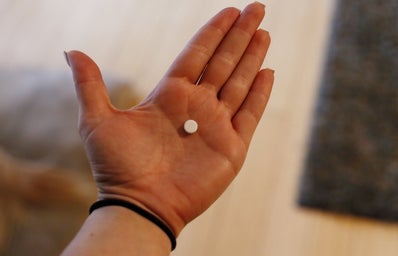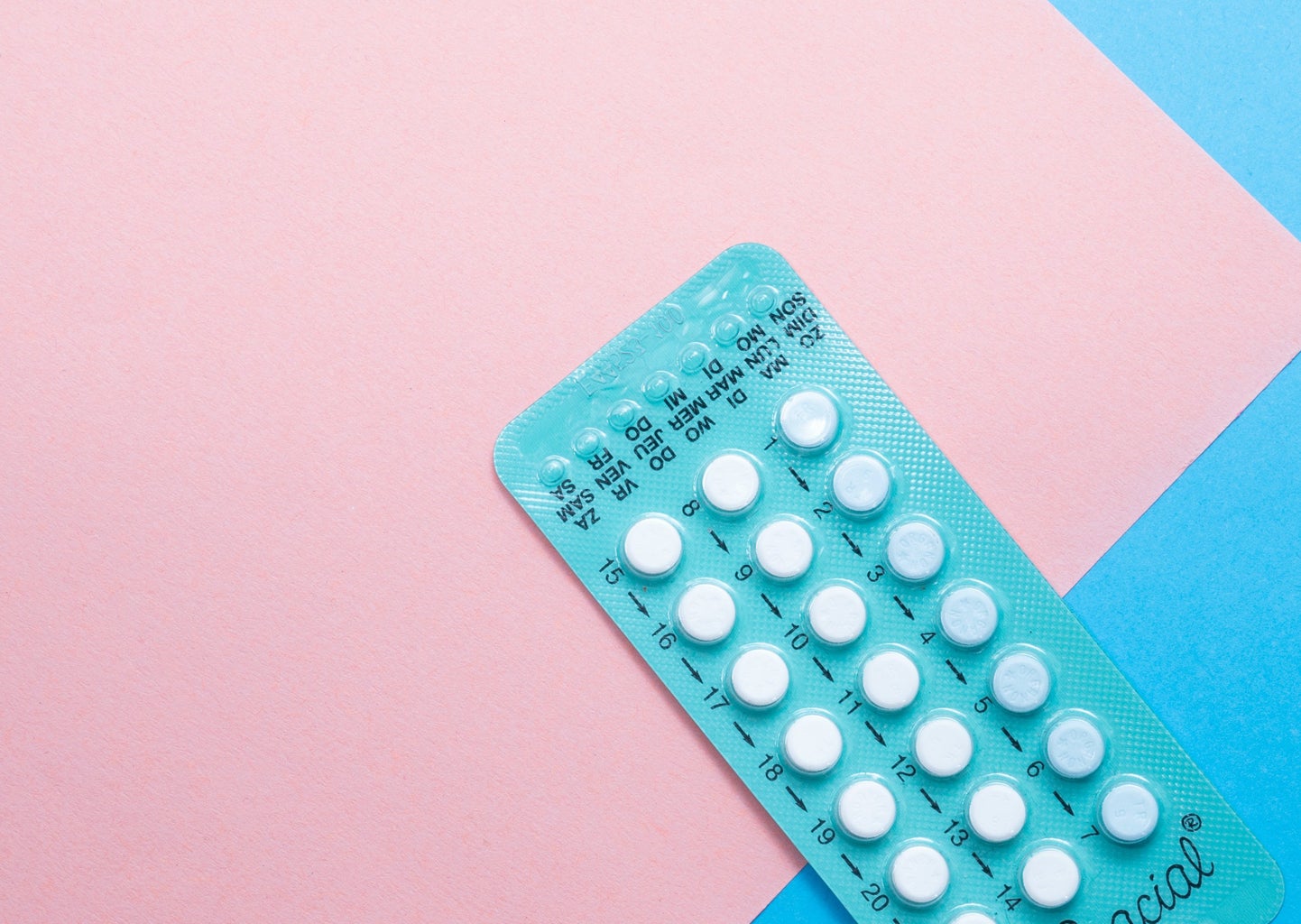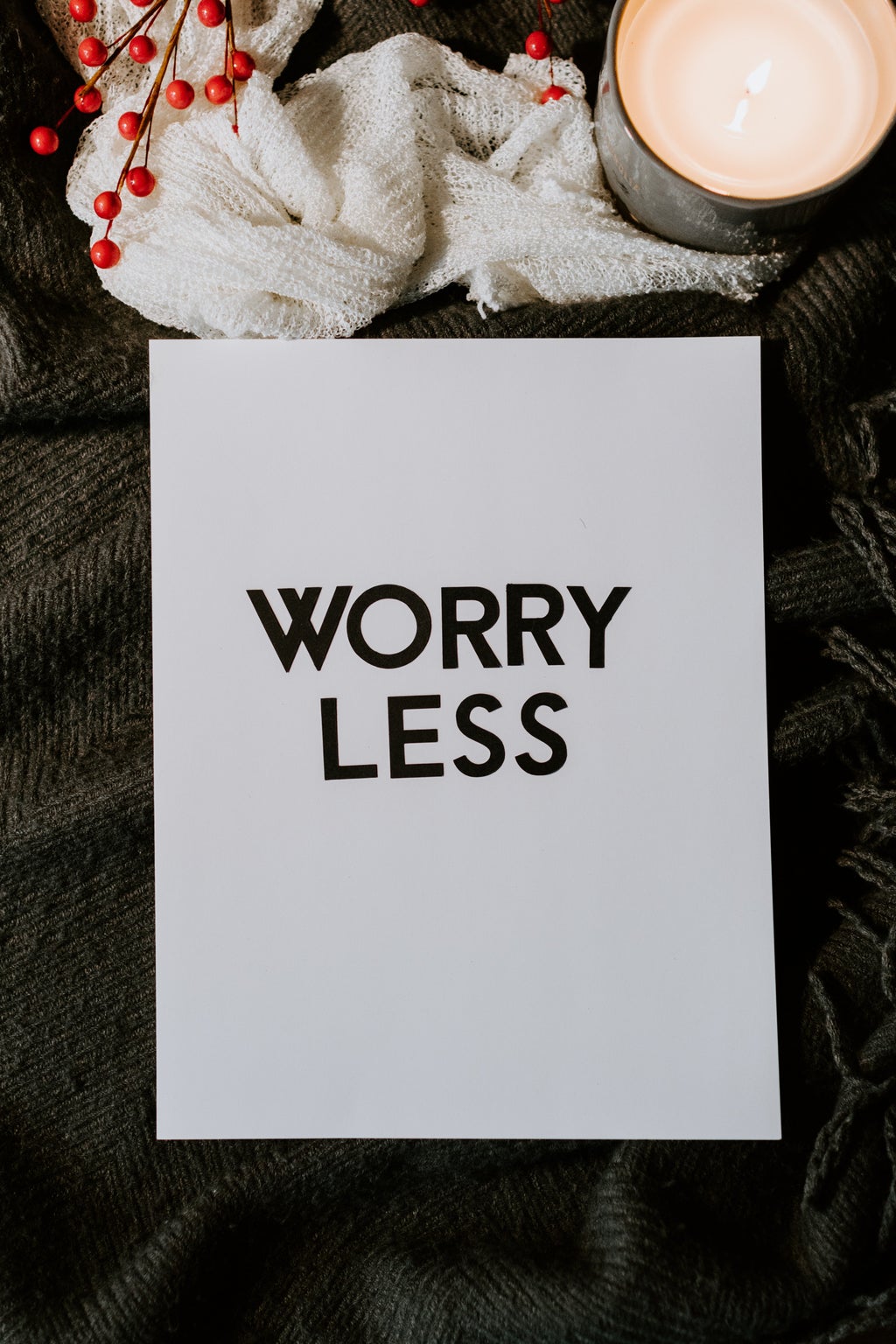Like most girls entering their freshman year of college, I decided I wanted to start taking birth control pills. It was August 2019, and I set up my very first appointment with a gynecologist. I was nervous — I had only ever been to a pediatrician and I was about to see a doctor who specialized in a much more specific area. I was excited too, though. My pediatrician was male, so there were obviously a lot of topics I never felt comfortable talking about, such as my period, sex, and even my day-to-day lifestyle.
The gynecologist was nicer than I could’ve expected. She was warm, friendly, open-minded, and progressive. She asked questions in order to get to know me and answered any questions that I had for her. She started me on the lowest dose of “Junel-Fe,” one of the many brands of the pill. Then I was off to college.
The beginning of my journey on the pill was rocky. I knew it would take a couple of weeks for my body to adjust, but I had my period for the entire first month of school. I took the pill at relatively the same time every night, so I wasn’t sure what was going on. I went back to the gynecologist in the middle of October and explained the issue, from which she decided to up the hormone dosage. At the time, I didn’t think much of it; all I wanted was a normal period cycle.
From then on, I was ingesting a pretty high dose of hormones every night, not accounting for the potential negative side effects. Of course, COVID-19 played a big role in the plummet of my mental health, but by my junior year of college, I realized something was off. I had mood swings hourly, I felt depressed, and my anxiety was off the charts. The smallest inconveniences would set me over the edge and I had little motivation for anything. Once I considered that my birth control might be the cause of these obstructive feelings, I couldn’t stop thinking about it.
I went back and forth for months about where to go from here. Do I stay safe and continue taking the pill, or do I put my mental health first? I scheduled an appointment with my gynecologist this past June and explained my dilemma. I expressed interest in potentially getting an IUD, and she gave me pamphlets of the different options. I decided I would hold off on that for a little while longer, but I made up my mind about the pill.
I officially quit birth control soon after that appointment and the results were rapid. For the first week afterward, I had negative side effects — trouble sleeping, mood swings, and even some hot flashes. Once these symptoms passed though, I felt better than ever. My mood was elevated and stable, I was less anxious, and I found a new sense of confidence. I felt like my old self again.
It’s now been four months since I made this change and I have not regretted it once. My mental health has remained at an all-time high, and I have a positive outlook on life that I hadn’t felt in three years. Of course, I will never advocate against birth control on a societal level; I still believe it is extremely helpful and effective for many women. Since the overturn of Roe v. Wade this past summer, the conversation surrounding bodily autonomy is important now more than ever. We should all have the right to choose what is best for us, and personally, the birth control pill wasn’t the best for me. But that doesn’t make it bad. It was just a decision I made for myself, and I’m extremely lucky that I was able to access it in the first place.
For anyone considering making the switch, I encourage you to talk to a doctor first. It’s crucial to understand the effects — both positive and negative — and decide what’s best for you from there.
Can’t get enough of HC UMass Amherst? Be sure to follow us on Instagram, listen to us on Spotify, like us on Facebook, and read our latest Tweets!




